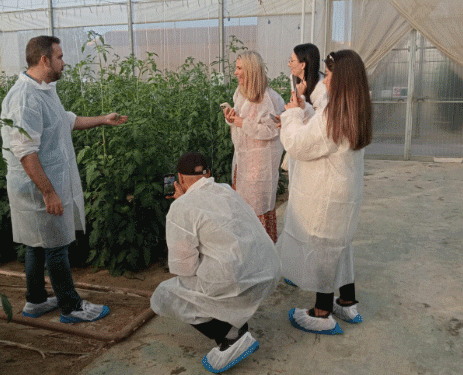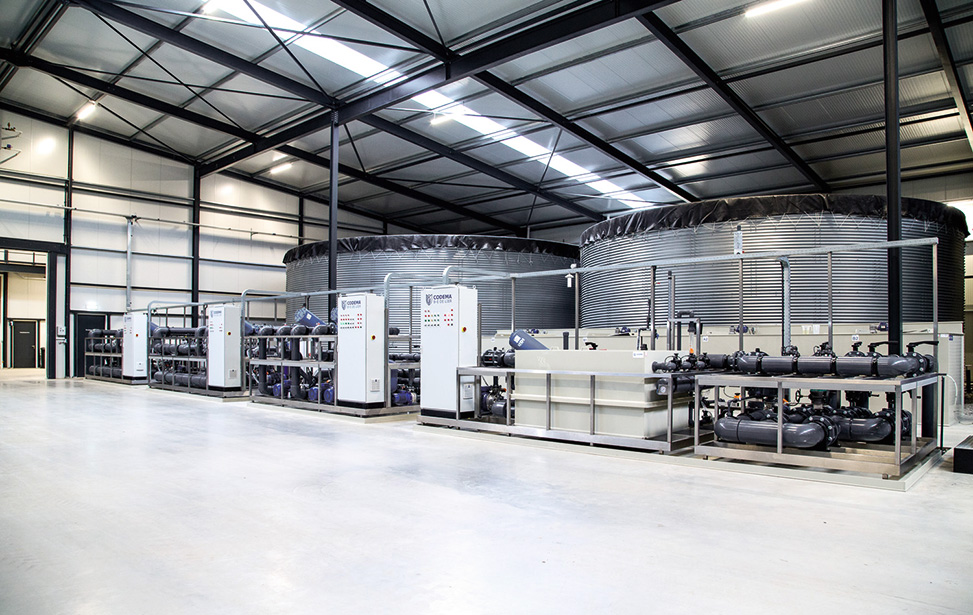Chris Washington, who focuses on vegan food content, expressed his astonishment at the vast scale of the greenhouses. “It’s crazy how large they are—I wasn’t expecting this,” he remarked. He was particularly fascinated by the biological pest control methods used in these facilities. Instead of conventional pesticides, farmers in the region rely on beneficial insects to manage pests, an approach that supports healthier crops and reduces environmental impact.
Almería and Granada’s extensive use of solar-heated greenhouses allows for the year-round production of vegetables like tomatoes. Influencers such as Tibella Kömürcü highlighted the freshness and bio-quality of these products, emphasizing their critical role in winter diets when locally grown vegetables are limited in colder parts of Europe.
Key Sustainability Practices
The group visited several farms and companies specializing in biological pest management. Nadine Moll was inspired by the high-quality standards and the minimal energy requirements of solar greenhouse agriculture. “It’s amazing to see how fruits and vegetables are grown sustainably, meeting all quality standards without extra energy input,” she noted. Nina Witt echoed this sentiment, appreciating the eco-friendly cultivation methods that were demonstrated throughout their visit.
This trip also had a culinary component, featuring meals prepared from fresh greenhouse produce. Given the influencers’ focus on food and recipes, the gastronomic experience helped them convey the benefits of greenhouse-grown vegetables more vividly to their audiences.
Consumer Engagement and Retail Events
To increase awareness, similar campaigns have been carried out in Germany. Earlier in the year, more than 300 Edeka stores hosted events highlighting sustainable greenhouse agriculture. These events offered shoppers in cities like Munich, Hannover, and Schleswig a closer look at the sustainable methods behind the fresh produce they buy. More such events are planned, ensuring continuous consumer engagement and education.
The Broader Campaign: “Es de Invernadero”
These activities are part of the “Es de Invernadero” program, initiated by HortiEspaña, which aims to elevate awareness about the advantages of solar greenhouse farming. Running until February 2026, the campaign is supported by a €2 million investment, co-funded by the European Union under the banner “Enjoy, It’s from Europe.” This initiative underscores the region’s significance as one of the world’s most sustainable fruit and vegetable production zones.
The collaboration between influencers and the agricultural sector highlights a novel approach to spreading the message of sustainable farming. By leveraging the reach of social media, farmers and agronomists can benefit from increased consumer awareness and appreciation of environmentally friendly agricultural practices. As the demand for transparent, sustainable food sources grows, such initiatives could drive positive change in both production and consumption patterns.










